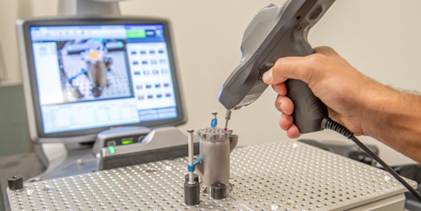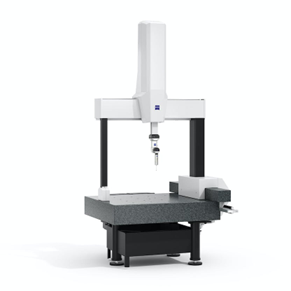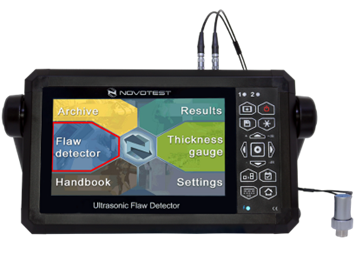Inspection & Testing

We are facing the new challenges determining material properties that may be vulnerable in additive manufacturing applications, and detecting critical flaws with a higher level of accuracy and detail
Advance Inspection Service

CMM inspection services use coordinate measuring machines (CMMs) designed to measure the geometrical characteristics of objects, including length, width, depth, and angles.
CMM inspection for additive manufacturing helps ensure that 3D printed parts meet the required specifications and tolerances. This helps reduce scrap costs, increase production efficiency, and ensure the quality of end products
Ultrasonic Flaw Analysis

The Ultrasonic Flaw Detector NOVOTEST UD3701 is designed to detect internal defects, such as discontinuities and heterogeneities of materials in products, determine coordinates and evaluate defect parameters, measure thickness and the velocity of propagation and attenuation of ultrasonic waves in the materials (metals, plastics, glass and etc.), the search for places of corrosion, cracks, internal delamination and other defects.
Metallographic Analysis

Since microstructure directly determines the mechanical properties of the final part, it is important to characterize the microstructural influence of all the machine parameters and powder characteristics
Surface Roughness Analysis

Surface roughness is a measure of the variance in a part’s surface topology. Roughness affects part aesthetics (e.g. shiny or matte) and mechanical behaviour like crack initiation, wear resistance, fatigue life, mating, sealing, bearing, and fluid dynamics
Reverse Engineering

Reverse engineering is a powerful way to create digital designs from a physical part, and can be a valuable tool in your prototyping toolkit alongside technologies like 3D scanning and 3D printing.
GOM ATOS Q is specifically developed for industry use and delivers fully traceable measurement results—even under harsh conditions. The optical and electronic systems of the robust, optical 3D sensor are dustproof and splashproof, making all ATOS Q sensors ideally suited for the move from the measuring room to the shop floor.
